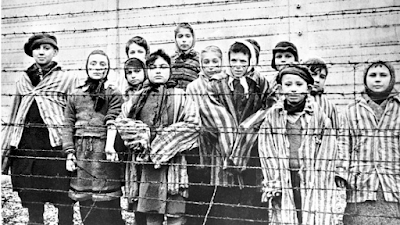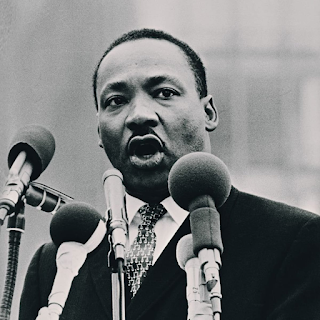Adolf Hitler: From Obscurity to Infamy - Unraveling the Dark Legacy
Adolf Hitler, a name synonymous with tyranny and hatred, is a historical figure whose rise to power and heinous war crimes forever altered the course of human history. Born in Austria in 1889, he emerged from humble beginnings to become one of the most notorious dictators the world has ever known. This article delves into Hitler's past, tracing his journey from an aspiring artist to the architect of one of history's darkest periods, highlighting the gravity of his war crimes and the devastating consequences they wrought.
I. Early Life and Background
Hitler's early life was marked by an unassuming upbringing in Braunau am Inn, Austria. Raised in a lower-middle-class family, his artistic aspirations led him to Vienna, where he dreamed of becoming a painter. However, rejection from the Vienna Academy of Fine Arts pushed him toward a different path, eventually leading him into the world of politics.
II. Rise to Power
World War I provided a turning point for Hitler. Serving as a soldier, he was deeply affected by Germany's defeat and the Treaty of Versailles that followed. His resentment towards the treaty and the perceived humiliation of Germany fueled his growing political ambitions. Joining the German Workers' Party (DAP), Hitler's charisma and fiery speeches garnered attention, prompting the transformation of the DAP into the National Socialist German Workers' Party, or the Nazi Party.
Hitler with members of the Nazi Party
III. Mein Kampf and Ideology
Hitler's ideas crystallized in his manifesto, "Mein Kampf." Within its pages, he outlined his radical ideologies, including Aryan supremacy, anti-Semitism, and the concept of "Lebensraum" – the notion that Germans deserved more living space, leading to territorial expansion.
IV. Political Ascent
Through shrewd political maneuvering and intense propaganda campaigns, Hitler rose to power. Appointed Chancellor in 1933, he wasted no time dismantling democratic institutions, taking advantage of the Enabling Act to consolidate his authority. The Night of the Long Knives further solidified his grip on power by eliminating internal opposition.
V. Totalitarian Rule and Expansionist Policies
As Chancellor, Hitler's totalitarian rule was marked by propaganda, censorship, and the cultivation of a cult of personality. He embarked on an aggressive foreign policy, violating the Treaty of Versailles by rapidly rearming and annexing neighboring territories. The Anschluss of Austria and the Munich Agreement highlighted his expansionist ambitions.
VI. World War II
Hitler's most infamous legacy is tied to the outbreak of World War II. His invasion of Poland in 1939 ignited a global conflict that would consume the world for six years. The Nazi war machine employed blitzkrieg tactics to rapidly conquer Europe, culminating in the horrifying "Final Solution" – the systematic genocide of six million Jews and millions of others during the Holocaust.
VII. Defeats and Downfall
As Allied forces turned the tide of the war, Hitler's vision of a thousand-year Reich crumbled. Stalemates on the Eastern Front and the monumental D-Day invasion spelled the beginning of the end. As Allied forces closed in, Hitler retreated to his underground bunker in Berlin, where he ultimately chose to end his own life in April 1945.
VIII. Legacy and Consequences
The Nuremberg Trials brought justice to some of the Nazi leaders responsible for the war crimes and atrocities committed under Hitler's leadership. The impact of World War II and the Holocaust on the world's collective consciousness cannot be overstated. The lessons learned from Hitler's reign of terror underscore the importance of vigilance against authoritarianism, hatred, and the erosion of human rights.
Conclusion
Adolf Hitler's journey from a struggling artist to the orchestrator of a devastating global conflict and the architect of unspeakable atrocities serves as a stark reminder of the capacity for evil that can emerge from unchecked power and fanaticism. His legacy stands as a testament to the enduring importance of understanding history's darkest chapters to prevent their repetition and ensure a future marked by tolerance, peace, and compassion.





Comments
Post a Comment